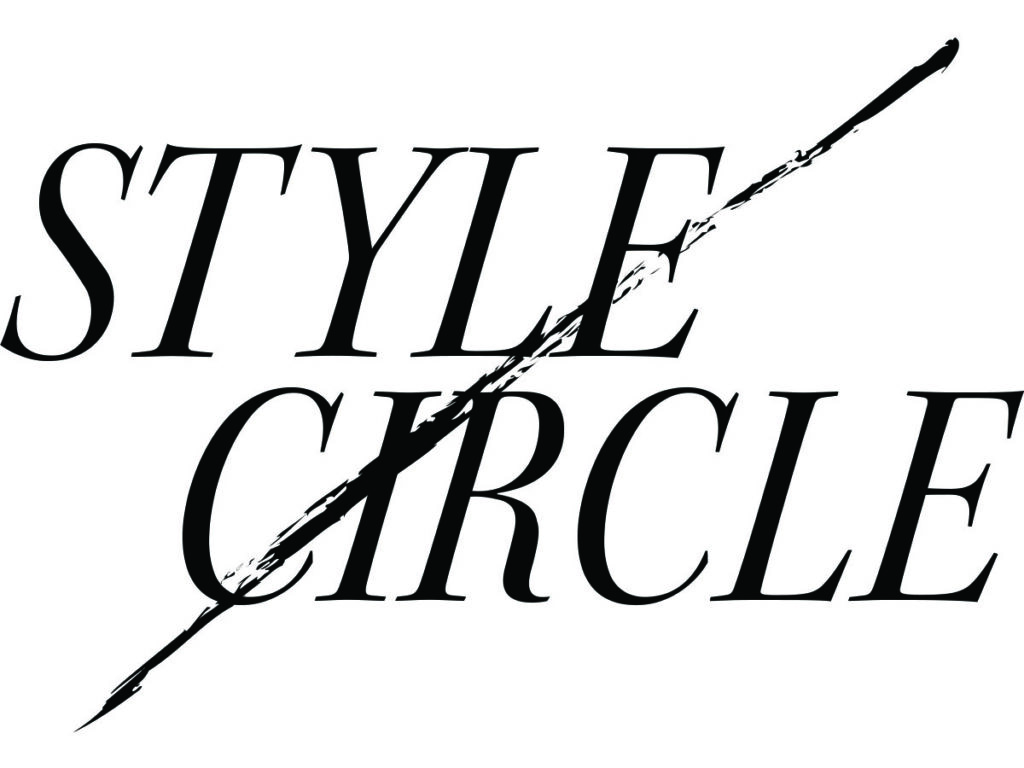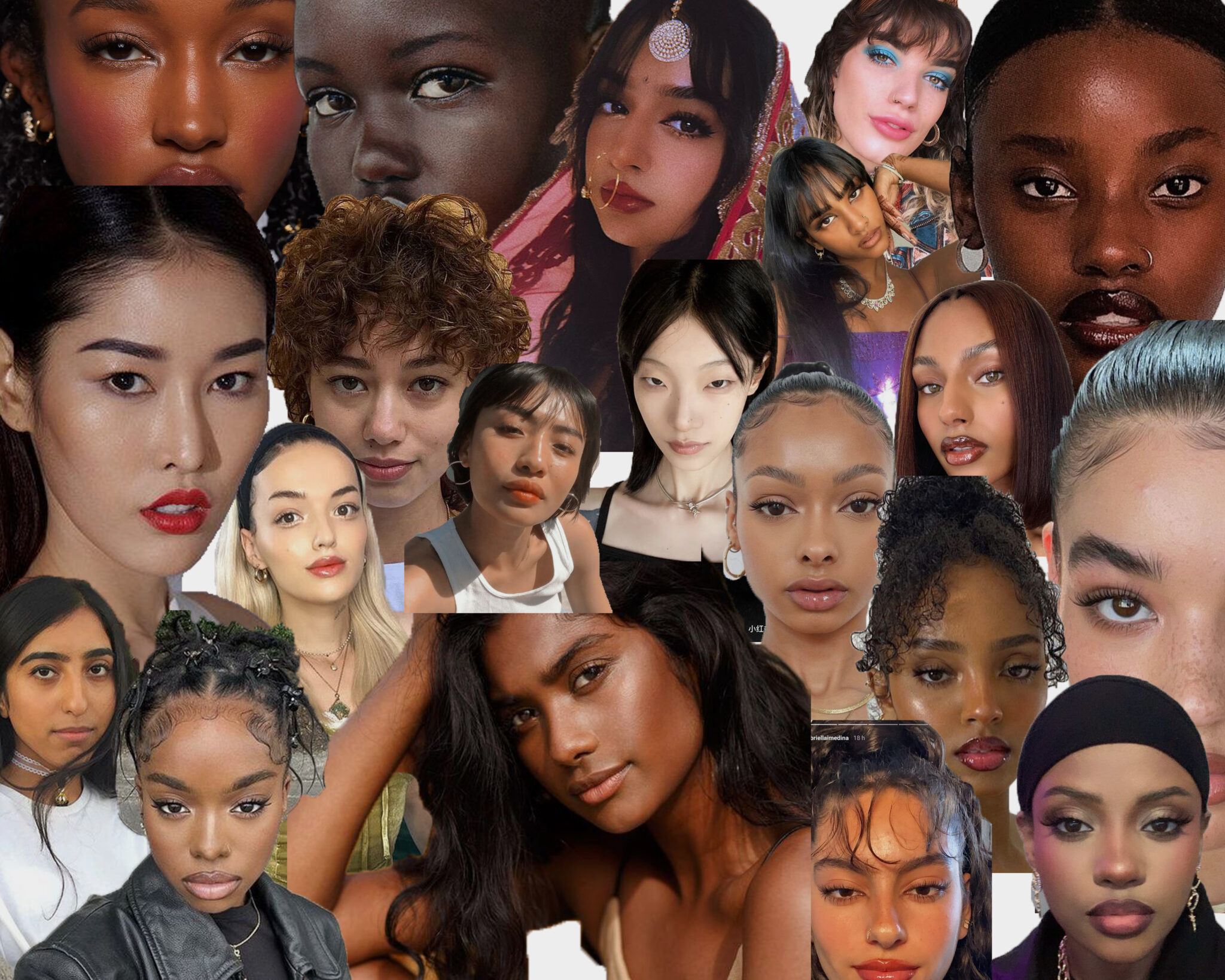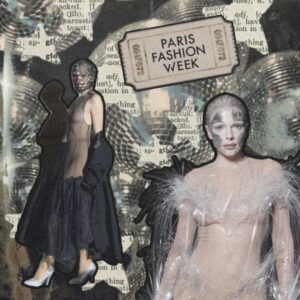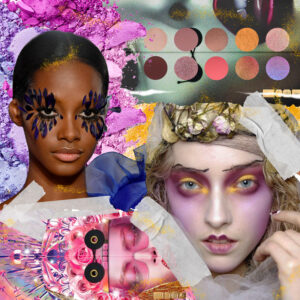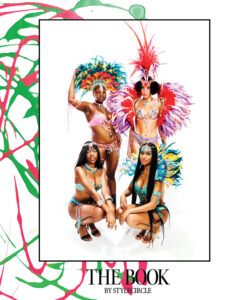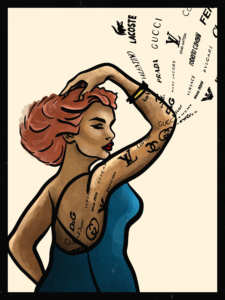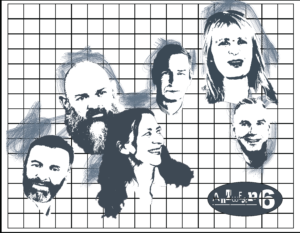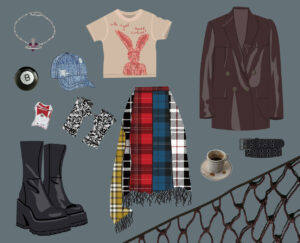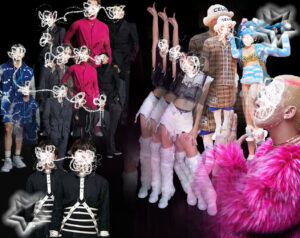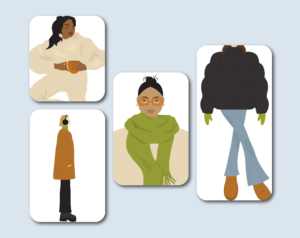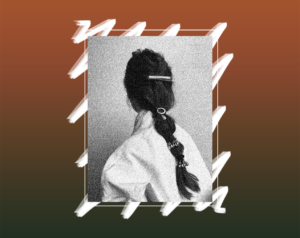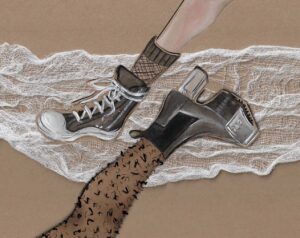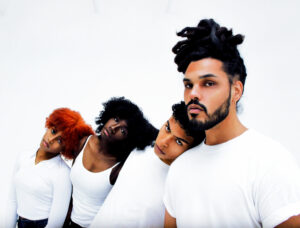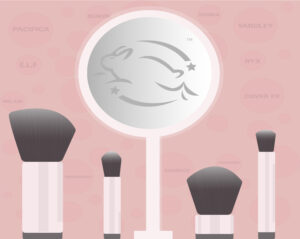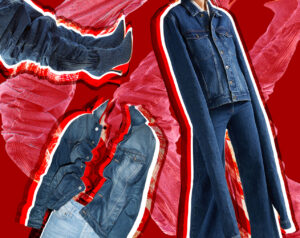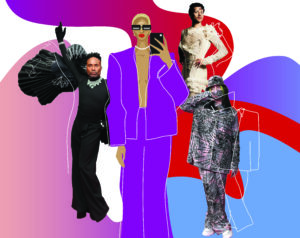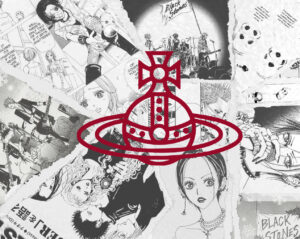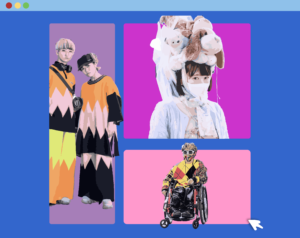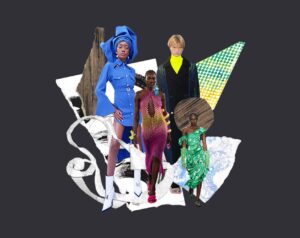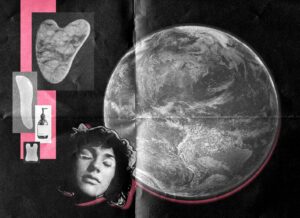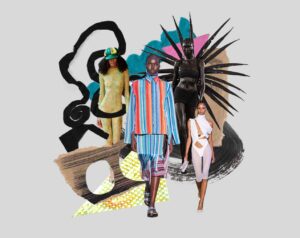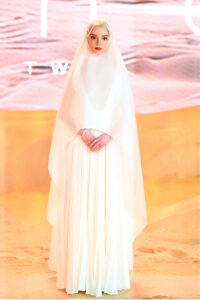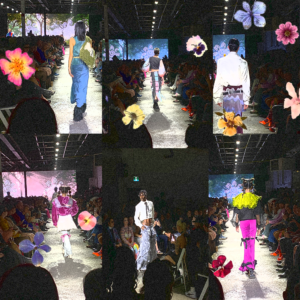Content warning: body image
Graphic Designer: Imani Edwards
Copy editors: Samira Balsara, Eishvinder Gill
Writing about beauty comes with a strange sense of ambivalence. I don’t consider myself a drop-dead gorgeous supermodel and I don’t believe in physical ugliness. What’s left is an uncanny valley of touchy subjects that are challenging to dance around. I’ve always accepted the notion that beauty is in the eye of the beholder—but even that strikes a chord of vague familiarity. You can’t possibly mean that in a world where we’re conditioned to judge, judge, and judge.
I was raised by good parents. Ingrained familial values and morals coupled with a pretty decent group of friends resulted in a rather happy childhood. That said, I was one of the few Asian kids in my elementary school. While things like cultural differences in food bothered me during lunchtime, I couldn’t help but feel uneasy when I’d occasionally shift my perspective and focus on the wider lens. Pointed noses, white skin, and almond-shaped eyes that my classmates had were visual hooks that I’d fantasize about. I, on the other hand, was a bokeh blur used as a backdrop.
Reflecting back, I’ll admit it was pretty messed up that 10 year-old me would pinch and lift the tip of their nose in an attempt to look more “feminine.” Self-comparisons would reach its all-time peak in high school, where I’d grovel at my short height and chubby cheeks. Popularity never concerned me, but I was bothered by the fact that the heroines I’d read about in books were always the beautiful “I’m not beautiful” types. How ironic is it for a teenager to dream of such a paradoxical fantasy.
Self-degradation continued on to my university years. My passion for fashion led me down a rabbit hole of online window shopping, where I’d be engrossed in skinny-clad model after skinny-clad model wearing the piece I was ogling. It was inevitable that I would develop body issues since I came to the sickening realization that I was shopping for the perfect body instead of new clothes.
Full-body mirror side profiles before and after eating became a thing. Pinching my stomach and trying to hold in my breath before taking a picture slowly engrossed into an everyday habit. Being frightened that a pair of non-stretchy jeans would barely button up was suddenly more terrifying than any true crime documentary I’ve ever watched. The last straw was when I started counting calories and skipping meals. I’ve been underweight since I was 10. This was my cue to “wake the fuck up.”
I’ll be totally blunt. The aggressive “love yourself” strategy for overcoming insecurity is a prime example of toxic positivity. Revving up insurmountable amounts of confidence typically leads to a crash in self-deprecation. On that note, has anybody talked about how unrealistic this approach is to loving yourself? Nobody really talks about the whirlwind of ups and downs one faces in truly accepting your physical self. Most choose to jump-cut to the final stage of happiness, which also leads into the topic of mediatized happiness and how social media isn’t real, but that’s a separate argument that deserves its own write-up.
Funnily enough, reading about art history helped a lot in bandaging my inner wounds. A lot can be said about the objectification of women in ancient statues, but there is a sense of wonder that an artist spent an absurd amount of time carving and shaping every belly fold. Learning that beauty trends fluctuate faster than a new Mcdonald’s menu offered a sense of lazy relief. Why bother sticking to new fads if they’re just going to die out? For me, the one thing that always puts things in perspective is realism drawing. You’d find a small number of artists who’ll only focus on one type of body shape—and they typically don’t opt for the perfect hourglass silhouette. A good sketchbook is diverse. A true artist hones their craft by following every curve, divet, and fold. Imperfection is perfection in their eyes. Revealing the identity of the drawer is not the point. What matters is you. You, my friend, are art.
